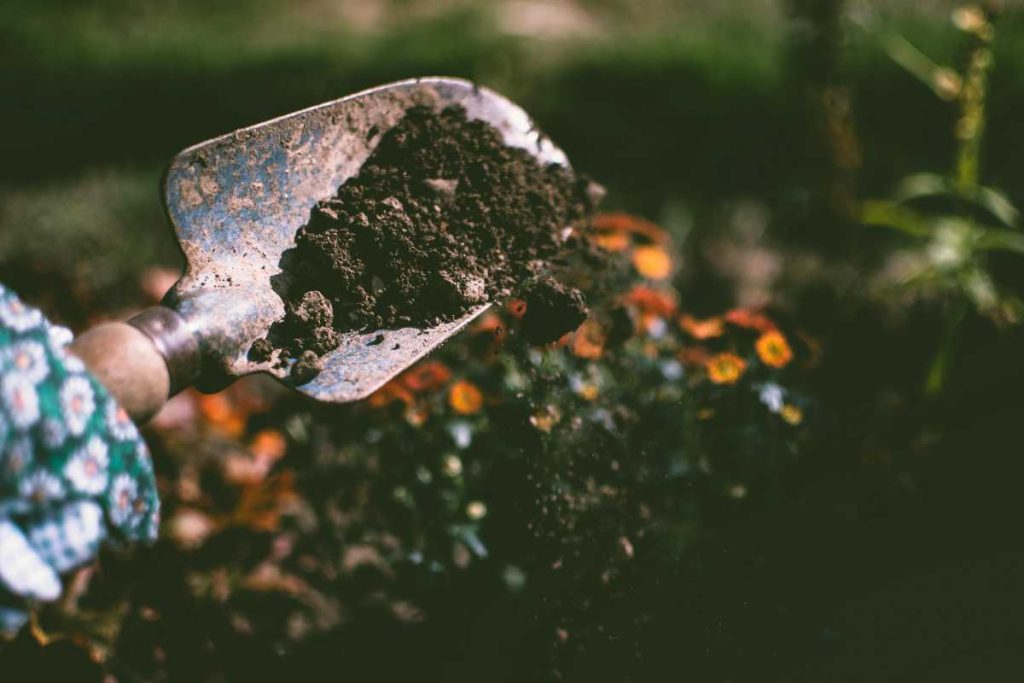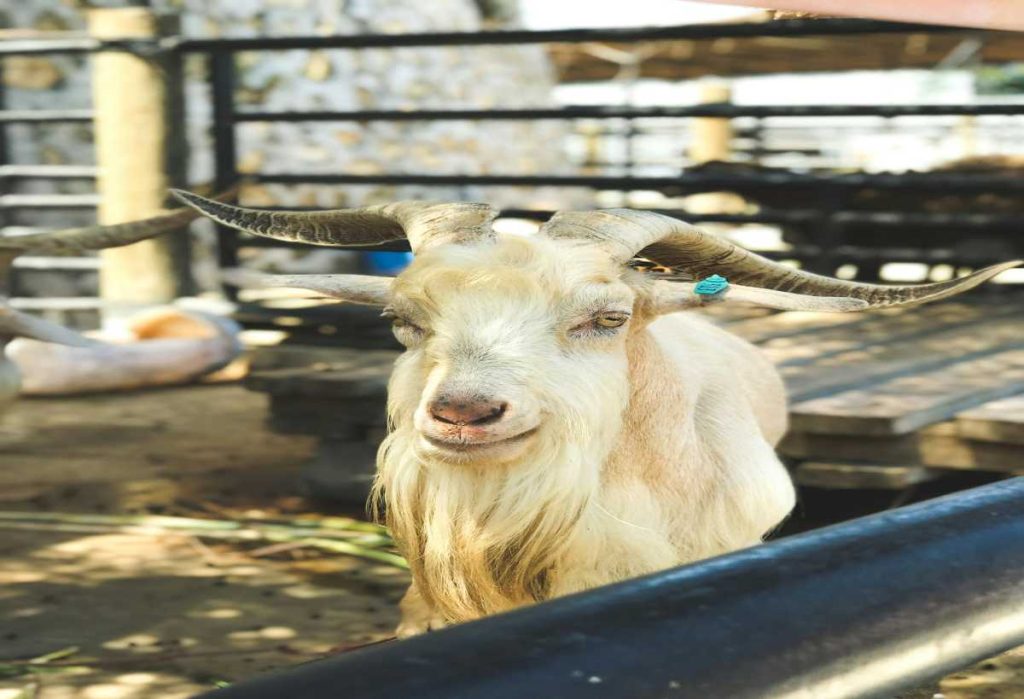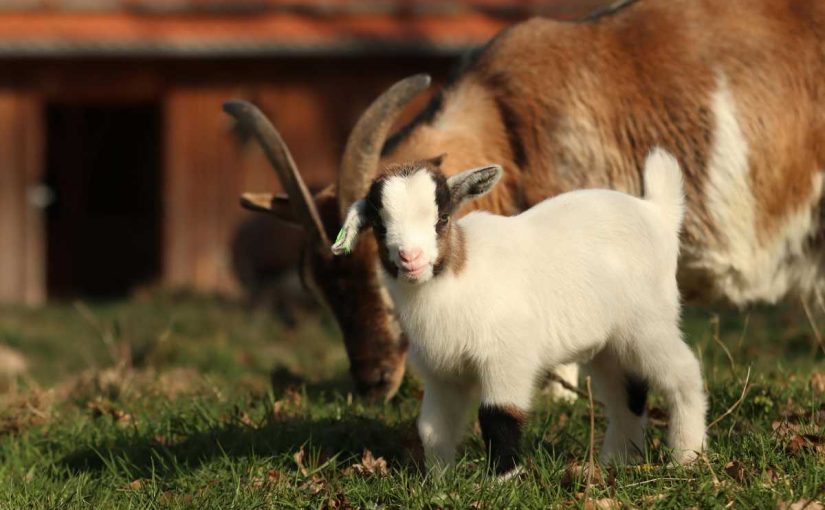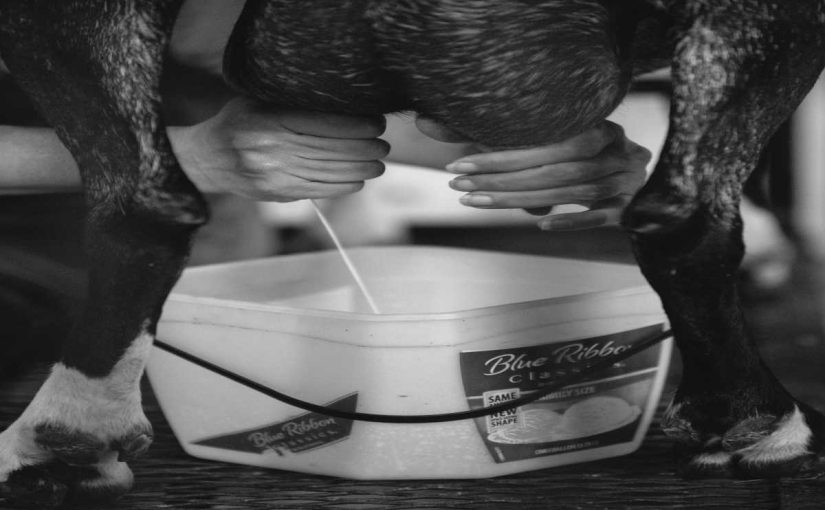Goat manure is often considered one of the best types of animal waste for enriching soil, and for good reason. Not only is it rich in essential nutrients, but it’s also an excellent, eco-friendly alternative to chemical fertilizers. If you raise goats or have access to their manure, you’re sitting on a valuable resource that can improve the health and fertility of your soil. In this blog, we’ll explore five effective ways to use goat manure to enhance your garden, farm, or landscape, providing both short-term benefits and long-term soil improvement.
1. Direct Composting for Organic Fertilizer
One of the most common and effective ways to use goat manure is by composting it. Composting goat manure transforms it into a rich, organic fertilizer that can improve the structure, moisture retention, and nutrient content of your soil. The composting process breaks down the manure, reducing its nitrogen content and making it safer for direct application to plants.
How It Works:
- Collect manure: Gather fresh goat manure, ensuring it’s free from bedding materials like hay or straw.
- Mix with carbon-rich materials: Combine the manure with carbon-rich materials such as leaves, grass clippings, or sawdust. This balance of nitrogen and carbon helps the compost break down more efficiently.
- Allow it to compost: Keep the compost pile moist and turn it regularly to aerate the mixture. After a few months, the manure will decompose into dark, crumbly compost that’s safe to use in your garden.
Pro Tip: Aim for a composting period of at least 3-6 months to ensure the manure is fully decomposed and doesn’t burn your plants.
2. Use as a Mulch for Moisture Retention
Goat manure can also be used directly as mulch. When spread around plants, it serves as a protective layer that helps retain soil moisture, regulate temperature, and suppress weed growth. While fresh manure can be too strong for direct application, properly composted manure is ideal for mulching.
How It Works:
- Compost the manure first: Ensure that the goat manure is well-composted to avoid burning plants with excess nitrogen. Fresh manure can be too “hot” and may harm plant roots.
- Apply around plant bases: Once composted, spread a 2-3 inch layer of goat manure around the base of your plants, shrubs, or trees. It will gradually break down, enriching the soil while providing a natural mulch.
Pro Tip: Mulching with goat manure helps keep weeds under control and provides nutrients over time as it breaks down.

3. Make a Manure Tea for Liquid Fertilizer
Goat manure can be turned into a liquid fertilizer, also known as manure tea, which is great for quick nutrient delivery to plants. This simple, natural solution is ideal for feeding your plants, especially during the growing season when they need nutrients quickly.
How It Works:
- Fill a container: Place 1-2 shovelfuls of well-composted goat manure in a large bucket or container.
- Add water: Fill the container with water, allowing the manure to steep for about 24-48 hours. The water will turn dark, picking up the nutrients from the manure.
- Strain and apply: After steeping, strain the liquid to remove any solid bits, then use the liquid to water your plants. This liquid fertilizer provides an instant nutrient boost.
Pro Tip: Use manure tea on flowering plants, vegetables, or fruits to encourage growth and boost yields. It’s particularly useful in containers where soil nutrients may be limited.
4. Create a Soil Amendment for Garden Beds
Goat manure is a great soil amendment, helping to improve the structure and texture of your soil. When worked into garden beds or flower plots, it helps improve drainage, aeration, and water retention, leading to healthier root systems and stronger plants.
How It Works:
- Spread manure evenly: Add well-composted goat manure directly onto garden beds in a 1-2 inch layer.
- Mix into the soil: Use a shovel or garden fork to mix the manure into the top 4-6 inches of soil. This helps to evenly distribute the nutrients throughout the planting area.
- Plant as usual: Once mixed, your soil will be enriched with the nutrients needed for healthy plant growth, including nitrogen, phosphorus, and potassium.
Pro Tip: Apply manure to garden beds before planting, ideally in the fall, to allow the nutrients to be absorbed and integrated into the soil over time.
5. Create a Vermicomposting System (Worm Farm)
Vermicomposting is the process of using worms to break down organic matter into rich, nutrient-dense compost. Goat manure is a perfect addition to your worm farm because it provides worms with a great food source, and the resulting worm castings are an excellent soil conditioner.
How It Works:
- Set up a worm bin: Create a vermiculture system with a container that’s well-ventilated and filled with bedding such as shredded newspaper, cardboard, or coconut coir.
- Add goat manure: Mix small amounts of well-composted goat manure into the bedding. The worms will consume it, breaking it down into nutrient-rich worm castings.
- Harvest the compost: Over time, the worms will create a rich, dark compost that can be used to amend your garden soil or be added to potting mixes for improved growth.
Pro Tip: Use goat manure in small amounts within the worm bin, as too much can overwhelm the worms. Rotate the manure with other organic materials like vegetable scraps or leaves for a balanced feed.
In Summary:
Goat manure is an invaluable resource for improving soil fertility, promoting plant health, and enhancing your garden or farm. By utilizing goat manure in these five ways, you can reap the benefits of a natural, sustainable fertilizer that’s good for your plants and the environment.
Here are five effective ways to use goat manure:
- Direct composting: Turn goat manure into organic fertilizer that can be safely applied to plants.
- Mulching: Use composted manure as a mulch to retain moisture, regulate temperature, and suppress weeds.
- Manure tea: Make a liquid fertilizer for quick nutrient delivery to your plants.
- Soil amendment: Improve soil structure and texture by mixing goat manure directly into garden beds.
- Vermicomposting: Use goat manure in worm farms to create nutrient-rich compost and improve soil health.
With these methods, you can transform your land into a thriving, healthy garden or farm that benefits from the natural power of goat manure. It’s an eco-friendly, cost-effective way to enrich your soil and ensure your plants have the nutrients they need to thrive.
4o mini




